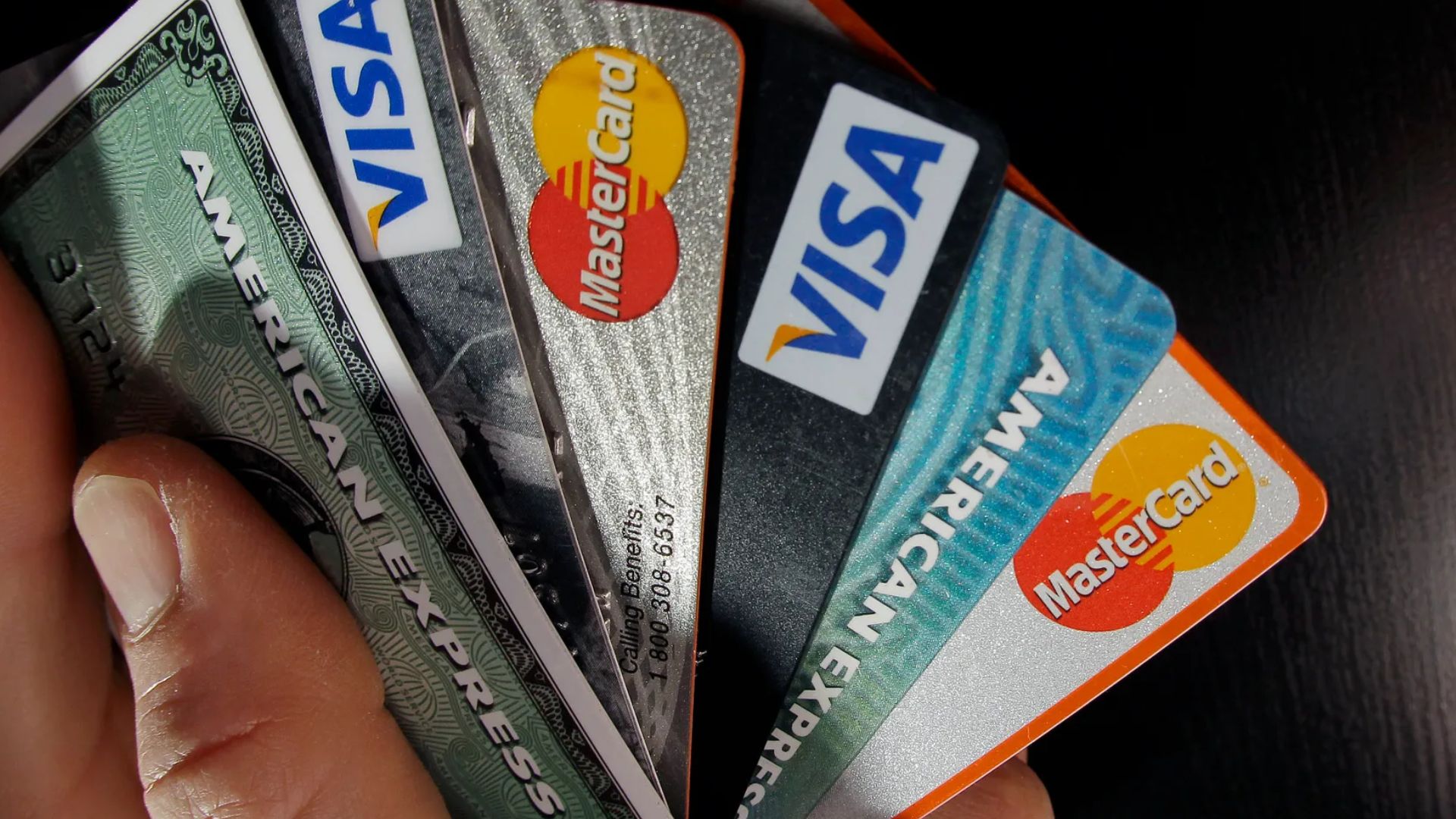Crime
Credit card fraud mastermind behind CardReady LLC sentenced to seven years for deceiving thousands of victims

New York – In a significant legal decision, Brandon Becker, the former CEO of CardReady LLC, has been sentenced to seven years in prison for orchestrating a massive credit card laundering scheme that defrauded thousands of victims out of more than $19 million. The verdict was handed down by U.S. District Judge Loretta A. Preska, marking the culmination of a years-long investigation into fraudulent practices within the credit card processing industry.
A Web of Deception
According to court records, Becker and his co-conspirators executed a complex scheme designed to deceive financial institutions and regulatory authorities. Operating under the guise of legitimate business practices, Becker and his team created fake merchant accounts to facilitate illicit credit card transactions, ultimately stealing from nearly 20,000 unsuspecting individuals who had sought debt relief services.
Acting U.S. Attorney Matthew Podolsky underscored the gravity of Becker’s actions, stating: “Over a two-year period, Brandon Becker and his co-conspirators preyed on nearly 20,000 victims who were trying to reduce their debt burdens. Becker tasked co-conspirators at CardReady to recruit straw owners for shell companies and deceived credit card payment processors into fraudulently processing more than $19 million in stolen funds. With today’s sentence, Becker faces the consequences of this massive fraud, sending the clear message that corporate executives who facilitate fraud will be held accountable for their crimes.”
How the Scheme Worked
CardReady, a Los Angeles-based company, operated as a sales agent in the credit card processing industry. Becker, in collaboration with co-defendant Steven Short, formed a partnership that allowed them to bypass industry regulations and conceal the true nature of their operations. Short, the former head of Florida-based E.M. Systems & Services LLC, played a critical role in funneling illicit transactions through sham businesses created by Becker.
To mask the fraudulent activities, Becker and his associates established approximately 26 fake merchant companies, each headed by a so-called “signer” who had little to no knowledge of the actual business. These sham businesses enabled them to evade monitoring systems and continue processing payments despite multiple warnings from financial institutions. In return, the “signers” received nominal payments for their participation.
A Widespread and Systematic Fraud
The fraudulent setup was designed to manipulate the banking system and allowed high-risk merchants to continue operations even after red flags were raised. Each time a fake merchant account was shut down due to excessive chargebacks or complaints, Becker’s team swiftly replaced it with a new one, ensuring that the fraud continued uninterrupted. This revolving door of fraudulent accounts helped them circumvent industry monitoring programs and evade detection for years.
The scope of the scheme extended beyond E.M. Systems. Investigations revealed that between 2012 and 2016, Becker and his team created over 800 sham merchant accounts using more than 270 recruited signers to process payments for over 30 additional high-risk clients.
Legal Repercussions and Sentencing
Becker, 53, pleaded guilty on August 30, 2024, to conspiracy to commit wire fraud and bank fraud. In addition to his seven-year prison sentence, he has been ordered to serve three years of supervised release, pay restitution amounting to $1,910,600.05, and forfeit $11,405,964.00 in ill-gotten gains.
Short, 48, pleaded guilty earlier in August 2022 and was sentenced in May 2023 to 78 months in prison, along with three years of supervised release. He was also ordered to pay restitution of $1,910,600.05 and forfeit $8,833,889.69.
Authorities Respond to the Case
Federal authorities have hailed the sentencing as a victory against financial fraud, emphasizing the importance of holding corporate executives accountable for their crimes. The Federal Bureau of Investigation played a crucial role in uncovering the scheme, with support from the Federal Trade Commission.
Mr. Podolsky praised their efforts, stating: “This case exemplifies our commitment to investigating and prosecuting financial fraud at all levels. No one is above the law, and those who exploit consumers for personal gain will face justice.”
Lessons and Industry Impact
This case serves as a stark warning to companies operating in the financial sector. It highlights the need for stronger oversight mechanisms to prevent similar fraudulent activities in the future. Financial institutions are being urged to tighten their monitoring systems and increase due diligence in vetting merchants.
Consumers are also being advised to remain vigilant when seeking financial services, especially debt relief programs. Authorities recommend thoroughly researching companies, checking for regulatory approvals, and reporting any suspicious activities to consumer protection agencies.
Final Thoughts
The sentencing of Brandon Becker marks the end of one of the most elaborate credit card laundering schemes in recent years. While justice has been served, the case underscores the persistent challenges in combating financial fraud. As authorities continue to crack down on deceptive business practices, it is hoped that this ruling will deter other would-be fraudsters from engaging in similar schemes.
With millions of dollars stolen and thousands of victims left in financial distress, this case serves as a reminder of the devastating consequences of corporate greed and the importance of accountability in the financial sector.

-

 Local News12 months ago
Local News12 months agoNew ALDI store close to Rochester to begin construction in late 2025 or early 2026
-

 Local News12 months ago
Local News12 months agoRochester Lilac Festival announces exciting 127th edition headliners
-

 Local News10 months ago
Local News10 months agoCounty Executive Adam Bello and members of the county legislature celebrate exceptional young leaders and advocates at the 2025 Monroe County Youth Awards
-

 Local News10 months ago
Local News10 months agoThe 2025 Public Market Food Truck Rodeo series will begin this Wednesday with live music by the Royal Bromleys